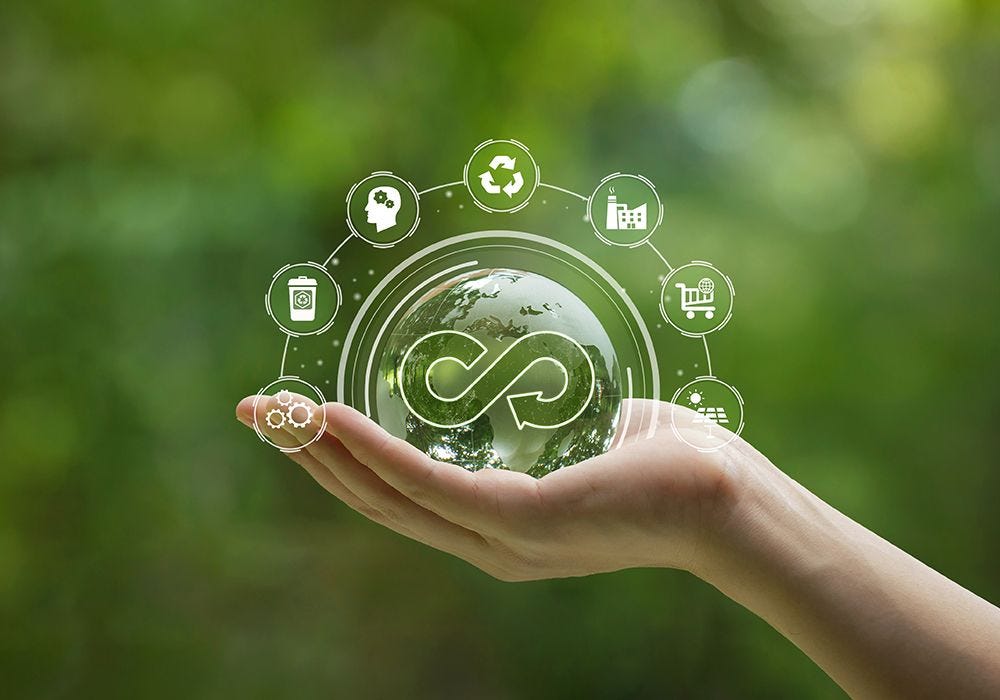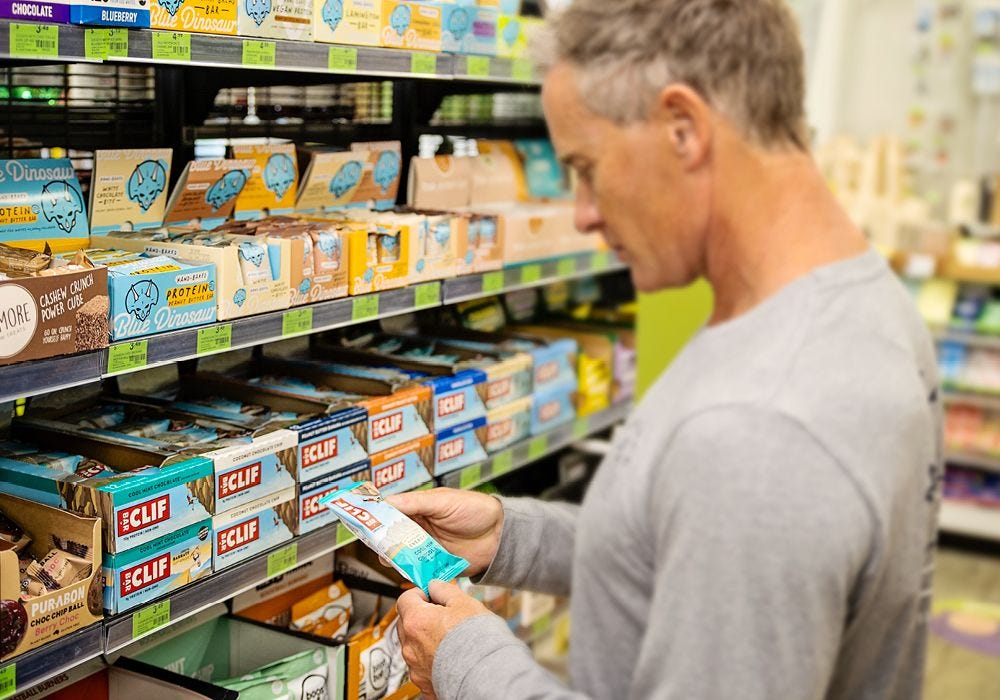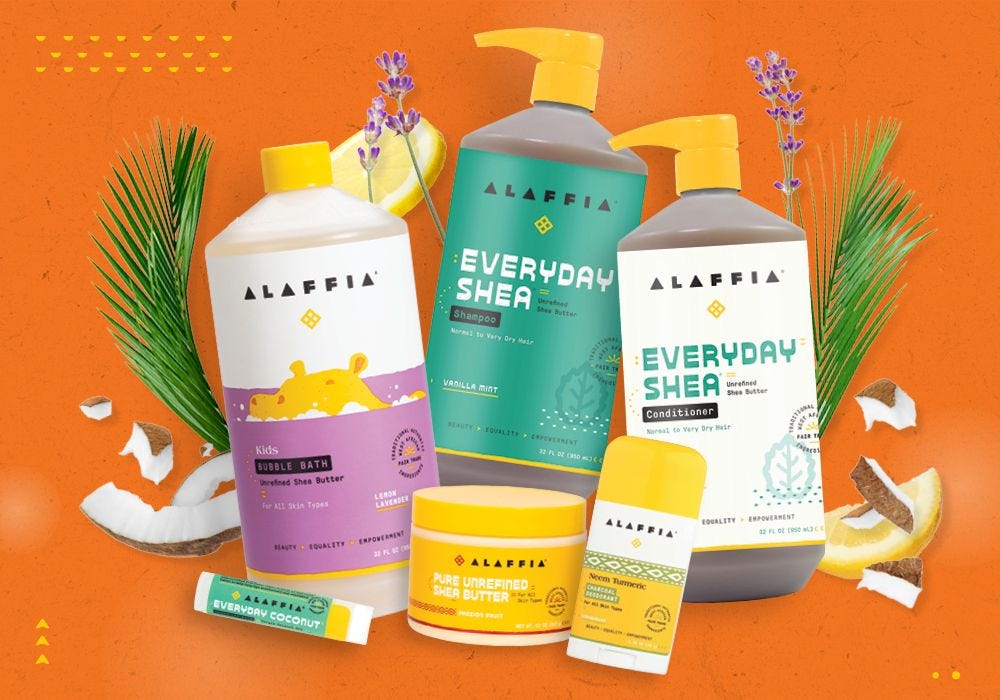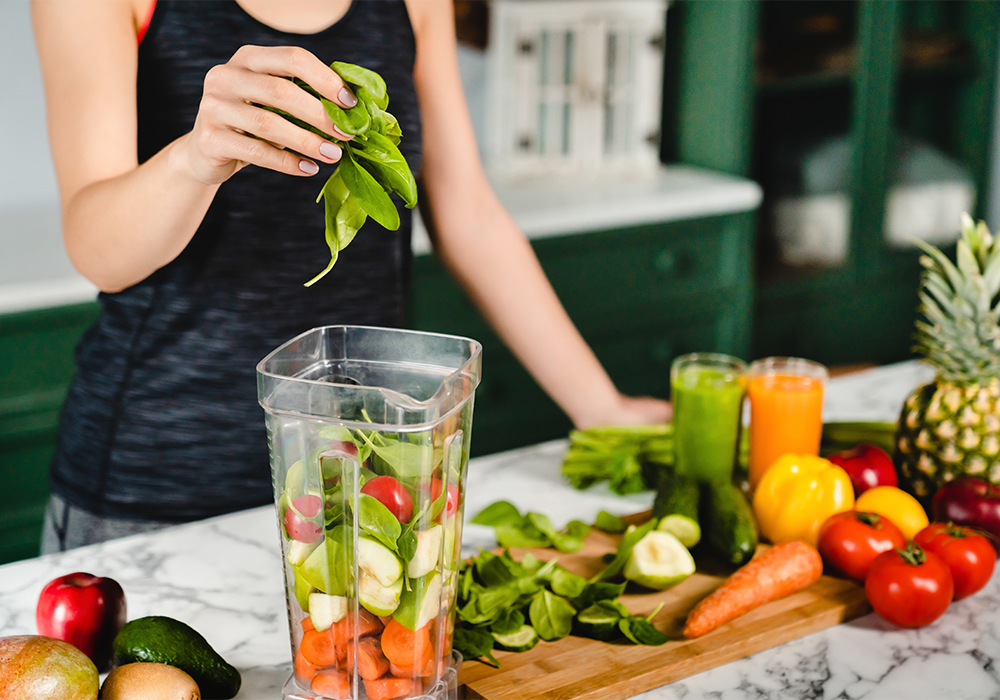Being in business today means overseeing the environmental and ethical impacts across every part and stage of the business and managing those impacts.
So, why is supply chain sustainability so important? Research suggests that the supply chain may amount to as much as 90% of the environmental impact on consumer products. The supply chain is a significant part of the story for businesses that want to manage their ethical, social and ecological footprint proactively.
Data shows that searches for terms like “sustainable products”, “eco-friendly”, and “environmentally friendly” have all seen a recent, sustained increase. Today's consumers demand action and transparency. Further, 60% of people are willing to pay more for eco-friendly products. But these consumers also expect brands to come to the table to drive profound change.
That's not to mention many other benefits of focusing on sustainability, such as cost-savings, better financial results and enhanced innovation. When you have a sustainable supply chain, you can make the most of the benefits of sustainability by truly integrating your efforts across every touchpoint within your business, direct or indirect.
One of the most significant risks from supply chain sustainability issues arises when you don't have complete visibility. You might be sure what's happening within your operations, but do you have that same level of visibility with your suppliers? Or their suppliers?
One study found that while many businesses had visibility of their first-tier suppliers, that is, the suppliers they work directly with, they didn't have the same for lower-tier suppliers.
How to improve supply chain sustainability
For retailers, there are considerations around limiting resource consumption and waste. But there is also a need to stock brands that share the same sustainability values as yours.
Our brands lead the way in sustainability and ensuring transparency with their suppliers, including:


Ethique
As a B-corp, Ethique is a brand with sustainability at the heart of everything they do. They have direct trade partnerships with producers to ensure fair prices and environmental protection. The brand offsets 120% of its carbon emissions and uses cruelty-free and vegan ingredients.


CLIF
CLIF Bar models sustainability by thinking like a tree. That is, the brand uses organic and sustainable ingredients, renewable energy, eco-friendly packaging and transports products in transportation that doesn't pollute. This is part of the brand's commitment to reducing its environmental footprint.


Alaffia
Built on the fair trade philosophy, Alaffia offers equal environmental opportunities, pays a fair local price or wage along with healthy and safe working conditions, and employs sustainable practices. The brand reinvests product sales into empowerment projects in local communities where they source ingredients and make products.

Earthwise
Since its beginnings in the late 1960s, Earthwise has made eco-friendly cleaning products and looking for innovative ways to reduce their environmental impact across the entire product life cycle. The biodegradable, plant-based ingredients are grey water and septic tank safe and in recyclable packaging, from 75% recycled plastic.
Stock sustainably
Order online or via our sales team at 1800 787 904. Alternatively, register for a wholesale account here.
It's naive to think that a business only needs to be concerned with the sustainability actions within its four walls. Being in business today means overseeing the environmental and ethical impacts across every part and stage of the business and managing those impacts.
So, why is supply chain sustainability so important? Research suggests that for consumer products, the supply chain may amount to as much as 90% of the environmental impact.1 For businesses that want to manage their ethical, social and environmental footprint proactively, the supply chain is a highly significant part of the story.
Supply chain sustainability issues
Research on Google Trends data shows that searches for terms like “sustainable products”, “eco-friendly” and “environmentally friendly” have all seen a recent, sustained increase.2 Today's consumers demand action and transparency. Research shows that as many as 60% of people are willing to pay more for eco-friendly products. But these consumers also expect brands to come to the table to drive serious change.3
That's not to mention many of the other benefits of a focus on sustainability, such as cost-savings, better financial results and enhanced innovation.3 When you have a sustainable supply chain, you can make the most of the benefits of sustainability by truly integrating your efforts across every touchpoint within your business, either direct or indirect.
One of the biggest risks from supply chain sustainability issues arises when you don't have complete visibility. You might be sure of what's happening within your operations, but do you have that same level of visibility with your suppliers? Or their suppliers?
In one study, it was found that while many businesses had visibility of their first-tier suppliers, that is the suppliers they work directly with, they didn't have the same for lower-tier suppliers.4
How to improve supply chain sustainability
For retailers, there are considerations around limiting resource consumption and waste. But there is also a need to stock brands that share the same sustainability values as yours.
Many brands we stock at Unique Health products lead the way in sustainability and ensuring transparency with their suppliers. Here are just a few examples.
Ethique
As a B-corp, Ethique is a brand with sustainability at the heart of everything they do. They have direct trade partnerships with producers to ensure fair prices and environmental protection. They offset 120% of their carbon emissions and use cruelty-free and vegan ingredients.
CLIF Bar
CLIF Bar models their sustainability on the premise of thinking like a tree. That is, they use organic and sustainable ingredients, renewable energy and eco-friendly packaging and transport their products in transportation that doesn't pollute. This is part of their commitment to reducing their environmental footprint in everything they do.
Alaffia
Built on the fair trade philosophy, Alaffia offers equal environment opportunities, pays a fair local price or wage along with healthy and safe working conditions, and engages in environmentally sustainable practices. They also reinvest product sales into empowerment projects in the local communities where they source their ingredients and make their products.
Earthwise
Since their beginnings in the late 1960s, Earthwise has been committed to providing eco-friendly cleaning products and looking for innovative ways to reduce their environmental impact across the entire product life cycle. Their biodegradable, plant-based ingredients are grey water and septic tank safe and in recyclable packaging, much of which is made from 75% recycled plastic.
PATCH
Recognised as one of the Best for the World B Corps in Environment in 2021, PATCH considers the impact of their everyday footprint across all areas of the production and supply of their Bamboo Bandages. The compostable bandages are made from sustainable bamboo with no latex and 100% compostable packaging.
Boost your supply chain sustainability
We stock these leading brands and hundreds more across the natural health, fair trade, eco-friendly and organic categories. Each brand has its own sustainability story and values that can resonate with your customers and help improve your supply chain sustainability. Shop online with us 24/7, or call our friendly sales team on 1800 787 904. If you don't have a wholesale account with us yet, you can register for one here.
Sources:
1. McKinsey, 2016.
2. JP Morgan, 2021.
3. GWI., 2021.
4. Forbes, 2020.
5. Harvard Business Review, 2020.

